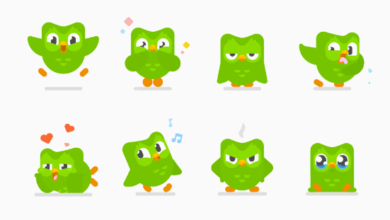Emoji:2zoqjbgkkxi= Korea Flag

The Korea flag emoji, designated as “Emoji:2zoqjbgkkxi,” serves as a significant representation of national pride for both North and South Korea, encapsulating a complex historical narrative of resilience and unity. Its usage in digital communication transcends mere aesthetics, fostering connections that reflect cultural values and aspirations. However, the implications of this emoji extend beyond personal expression, sparking discussions about identity, representation, and the evolving nature of national symbols in a globalized context. What remains to be explored are the broader societal themes that arise from its usage and the conversations it inspires.
History of the Korea Flag Emoji
The evolution of the Korea flag emoji reflects a significant intersection of cultural identity and technological advancement.
Initially designed to symbolize Korea’s rich heritage, the flag emoji has undergone design evolution that captures its dynamic essence.
Various emoji variations have emerged, representing both North and South Korea, showcasing the complexities of national identity in a digital context while allowing for broader global communication.
See also: Emoji:3dg2n9mhgx8= Aubergine
Cultural Significance of the Flag
Representing more than just a national emblem, the flag of Korea embodies a complex tapestry of cultural values, historical struggles, and collective aspirations.
The flag’s symbolism transcends mere colors and shapes, reflecting a profound national identity. It serves as a reminder of the Korean people’s resilience, unity, and hope, fostering a sense of belonging while inspiring a shared vision for the future.
Usage in Digital Communication
Korea’s flag has found a prominent place in digital communication, serving as a symbol of national pride and cultural identity in online spaces.
Its usage highlights the importance of emoji etiquette, as individuals navigate the nuances of digital expression.
Global Impact and Representation
Across the globe, the South Korean flag has emerged as a powerful emblem of national identity and cultural representation.
Its symbolic meaning transcends borders, fostering a sense of unity among Koreans worldwide.
International recognition of the flag has increased through global events, enhancing Korea’s cultural footprint and promoting dialogue about freedom, democracy, and innovation, ultimately contributing to a richer global tapestry.
Conclusion
The Korea flag emoji, a vivid tapestry woven from threads of history and culture, transcends mere digital imagery to embody the shared aspirations and struggles of a divided nation. As a beacon of identity in a global landscape, it not only fosters connections among individuals but also invites dialogue on deeper societal themes. Ultimately, this emblematic representation serves as a reminder of the resilience and unity inherent in the Korean spirit, illuminating paths toward understanding and solidarity.




